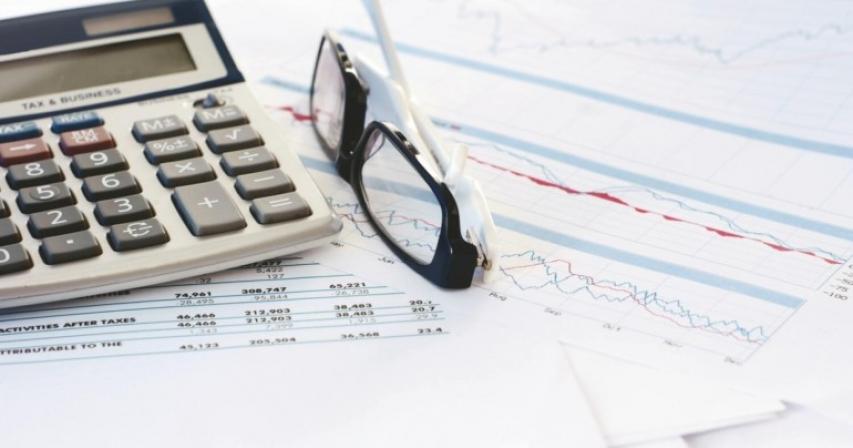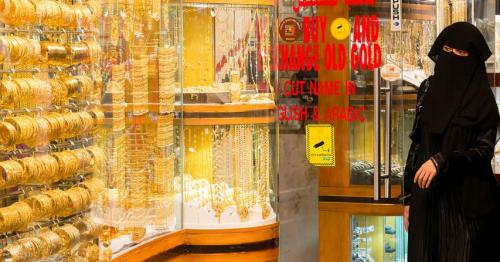New UAE tax: Which companies are covered by a 15% tariff?

Every global company doing business in the UAE will fall under the 15 per cent domestic minimum top-up tax (DMTT) which will be applied from 2025, tax experts add.
The DMTT for financial years commencing from 1 January 2025 or after, for multinationals, will be implemented under the two-pillar solution of the Organisation for Economic Cooperation and Development (OECD), the UAE’s Ministry of Finance announced Monday.
The DMTT will be levied on foreign companies located in the UAE that achieved consolidated worldwide revenues of €750 million or more in at least two of the four financial years immediately before the financial year to which the DMTT relates.
The new tax "hits all the businesses doing business abroad", said Thomas Vanhee, founding partner of Aurifer Middle East Tax Consultancy.
He explained that 145 countries have already agreed to this new tax and some have already started it in 2024. "In almost every nation on the planet we will have a minimum of 15 per cent," he said.
According to Anurag Chaturvedi, CEO at Andersen UAE, MNEs with worldwide consolidated turnover exceeding EUR 750 million (Dh3.15 billion) or more will be covered by Pillar 2.
"Consequently, UAE-based MNEs or foreign MNEs with UAE subsidiaries which are over these limits will be subject to DMTT".
"As a leader of the UAE tax practice," said Vishal Sharma, managing director and UAE tax practice leader at Alvarez and Marsal, the UAE’s stance seems to be more in line with GCC countries like Bahrain (which already has a draft DMTT law in place) or Qatar and Kuwait that have been making positive steps towards applying the rules.
Exemptions
Chaturvedi continued that the public announcement meant only UAE-based organisations would not be accepted. "Less is known about final legislation, and we do not know if final legislation contains this or other exemptions."
Vanhee said national companies aren’t covered under this new tax.
"There are also some exclusions to Pillar 2 rules that are related to government entities, investment funds, real estate investment trusts and companies controlled by them or passive entities. Shipping income is not counted," Vanhee said.
Near-term impact
Century Group chairman Bal Krishen said the UAE was now no longer a tax haven but a low-tax nation, after the country implemented a nine-per-cent corporate tax rate in 2023.
"For the near future, higher tax will always be a negative factor in profitability for companies who used to benefit from relatively low taxes by the Gulf state and that will be a downer for investors. But, companies in the free zones will remain exempted from taxation, and even with a 15 per cent tax rate, the UAE would still be a business friendly country as opposed to, say, the UK or Saudi Arabia which have corporate tax rates of 25 per cent and 20 per cent, respectively,’ he added.
"The UAE is seeking to boost business and entrepreneurship with the new act," he continued, "by proposing to provide tax breaks for R&D spending (with a 30- to 50-per-cent refundable tax credit) as well as tax incentives for high value employment activities.






Comments